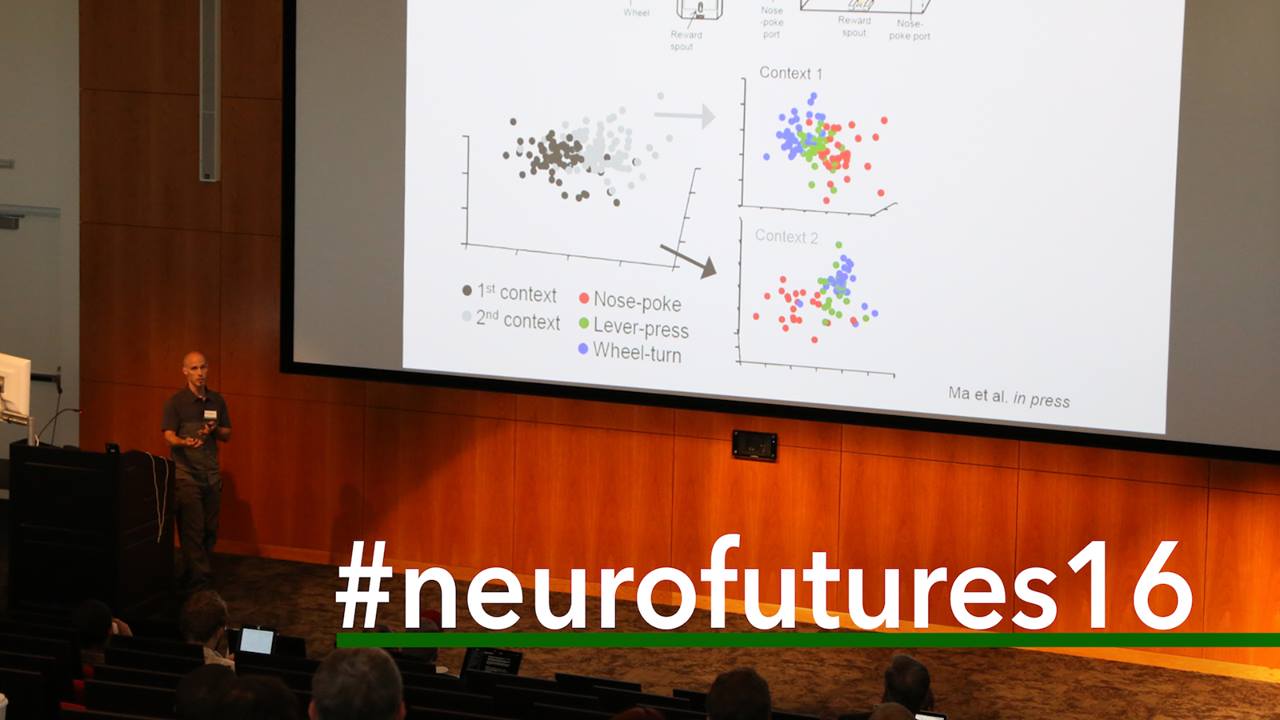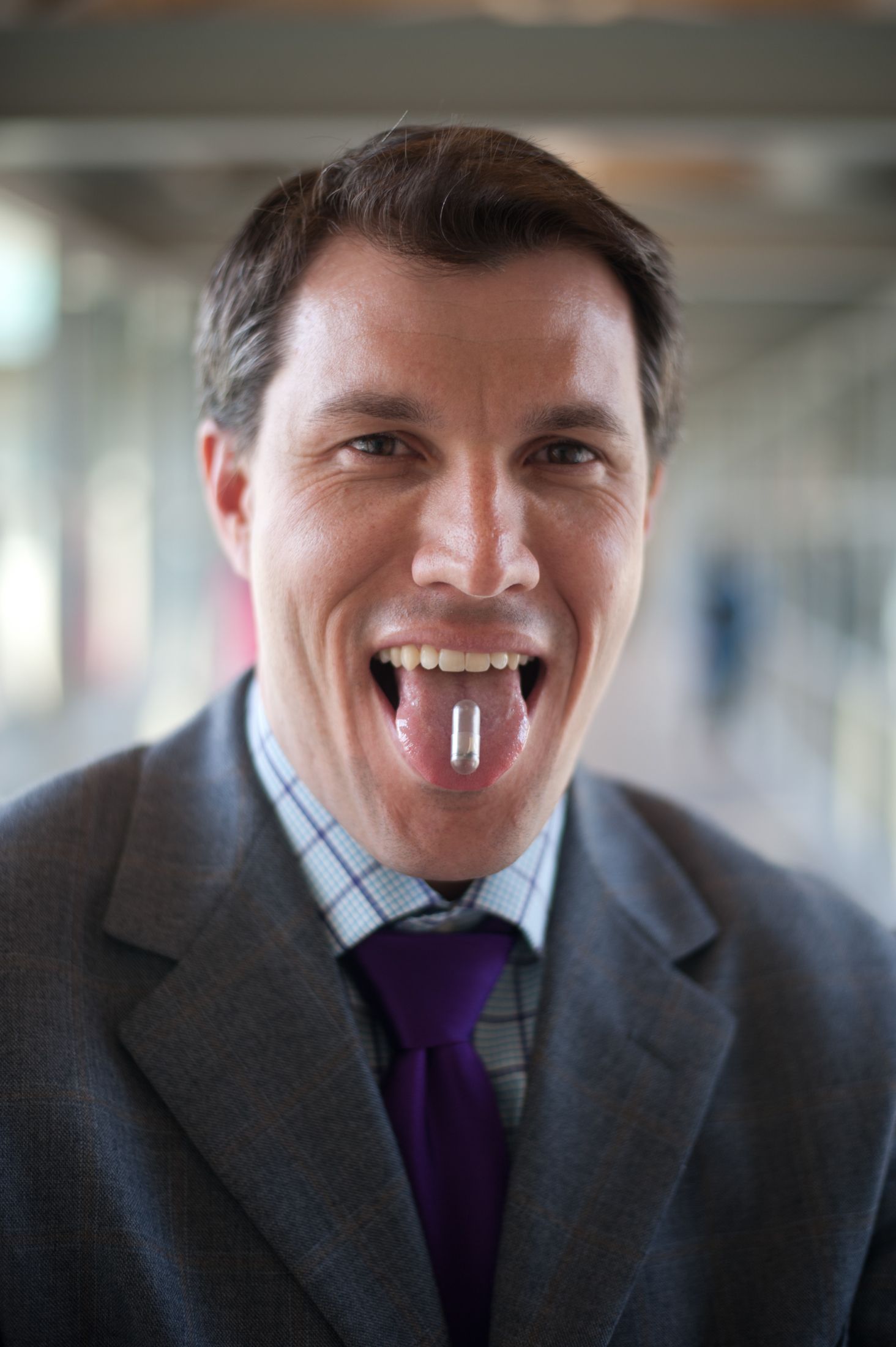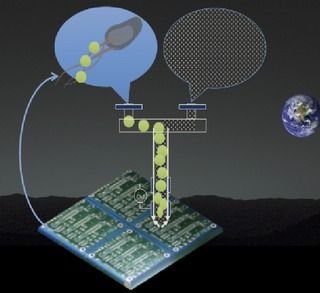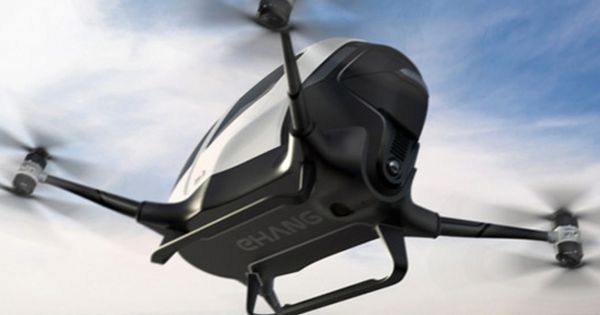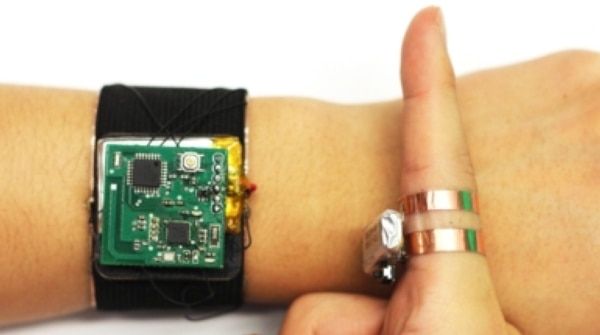Page 11007
Aug 23, 2016
Aubrey de Grey Explains The OncoSENS Approach to Curing ALT-Cancer
Posted by Steve Hill in category: biotech/medical
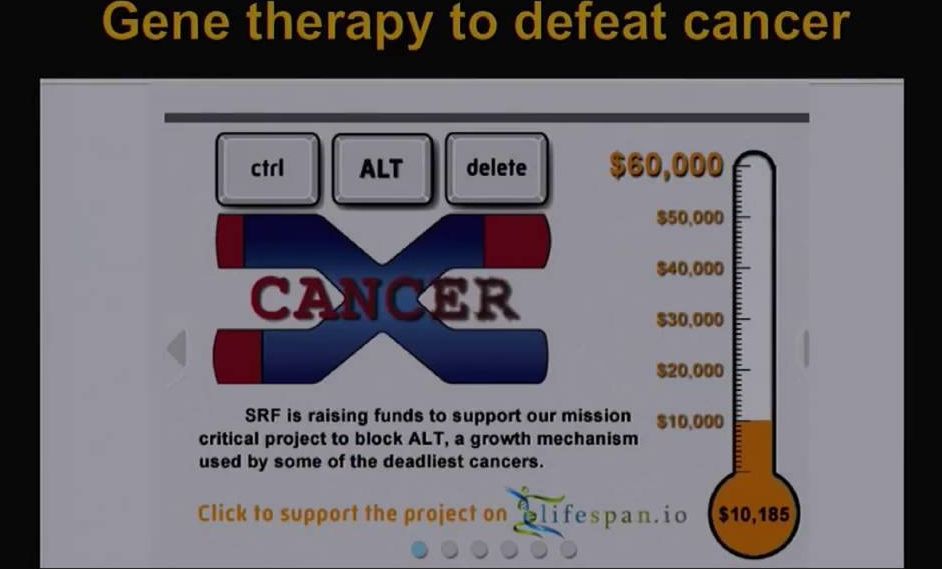
https://www.youtube.com/watch?v=jZOzDmeVWk4
Aubrey de Grey Explains ALT cancer at the DNA Conference earlier this year. Support their cancer research at: https://www.lifespan.io/campaigns/sens-control-alt-delete-cancer/
Help Aubrey and the SENS Foundation fight ALT-Cancer here, https://www.lifespan.io/campaigns/sens-control-alt-delete-cancer/
Aug 23, 2016
Battery you can swallow could enable future ingestible medical devices
Posted by Bruno Henrique de Souza in categories: biotech/medical, futurism
Baterias comestível feita com melanina e materiais absorvíveis.
Baterias de melanina é baixa em relação ao de iões de lítio, seria suficientemente elevada para alimentar um dispositivo de libertação de fármaco ou de detecção ingerível. Por exemplo, Bettinger prevê usando a bateria do seu grupo para detectar mudanças intestino microbioma e respondendo com um comunicado da medicina, ou para a entrega de rajadas de uma vacina durante várias horas antes de degradar.
Aug 23, 2016
NASA Invests in Innovative Concepts, Including Electronic-recycling Microbes
Posted by Klaus Baldauf in categories: biological, internet, sustainability
Aug 23, 2016
Look Up! 2017 is Going to be the Year of the Autonomous Flying Taxi
Posted by Shailesh Prasad in categories: robotics/AI, transportation
Aircraft manufacturing company Airbus is looking to the skies for a solution to the growing traffic problem. They intend to send out a prototype for their self-flying taxi by next year.
For those of us who live in crowded cities, rush hour traffic is a daily struggle we aren’t likely to get used to. The past few years have seen an ever-lengthening travel time in different cities all over the world.
Nobody is immune, not even the most innovative minds of the world. Aircraft manufacturing company Airbus notes the irony that techies in Silicon Valley come up with all sorts of innovation every day, yet none of them has solved one of their own biggest problems: traffic congestion. “Silicon Valley may pride itself on speed, but during rush hour, everything around the IT Mecca grinds to a halt,” they wrote on their website. “The situation is even worse in cities such as Mumbai, Manila, or Tokyo,” they added. In the Philippines, an estimate says PHP 2.5 billion ($57 million) of potential income is lost to traffic every day, and will rise to P6 billion daily by 2030. In the US, this loss is estimated at $160 billion a year.
Continue reading “Look Up! 2017 is Going to be the Year of the Autonomous Flying Taxi” »
Aug 23, 2016
Alan Watts on Socially Responsible Automation and an Unconditional Basic Income Guarantee
Posted by Blair Erickson in category: economics

It’s like he knew what the main problems of work-cultist capitalism and its socially irresponsible job automation were going to be before the whole mess even got started.
This video is a piece selected from watercourseway1’s longer version called “Alan Watts — Money and Guilt” (account since deleted). Closest copy I can see now is:
Aug 22, 2016
Iraq Is Preparing an Armed Robot to Fight ISIS
Posted by Dan Kummer in categories: business, robotics/AI
Alrobot would not be the first robot to hit the sands of Baghdad, but it might become the first to actually fire a weapon.
Back in 2007, the U.S. Army deployed three armed ground robots called the Special Weapons Observation Reconnaissance Detection System, or SWORDS, from weapons maker Foster-Miller (now owned by Qinetiq). SWORDS basically consisted of a Foster-Miller TALON robot armed with a machine gun. But the SWORDS were pulled off the battlefield before they were able to take a single shot.
Kevin Fahey, the Army’s program executive officer for ground forces, explained why the following year at a RoboBusiness Conference in Pittsburgh: “The gun started moving when it was not intended to move.”
Continue reading “Iraq Is Preparing an Armed Robot to Fight ISIS” »
Aug 22, 2016
Maker Movement Turns Scientists into Tinkerers
Posted by Karen Hurst in categories: 3D printing, electronics
Researchers in growing numbers are starting to enlist do-it-yourself 3D printers, cheap electronics, sensors and more to advance their work
Aug 22, 2016
China’s Race to Space Domination: To Try to Gain an Edge Here on Earth, China is Pushing Ahead in Space
Posted by Karen Hurst in categories: energy, engineering, quantum physics, robotics/AI, space
More on China’s race on Space. Last Tuesday, China launched the 1st Quantum Satellite. In 2017, China is planning to be the dominant force in mining of Space. First stop — mining the dark side of the moon. Given China’s own history with environmental pollution plus mining’s damaging effects to the environment when not properly managed; etc. one must ponder how will space and Earth itself be impacted by such mining.
Before this decade is out, humanity will go where it’s never gone before: the far side of the moon. This dark side — forever facing away from us — has long been a mystery. No human-made object has ever touched its surface. The mission will be a marvel of engineering. It will involve a rocket that weighs hundreds of tons (traveling almost 250,000 miles), a robot lander, and an unmanned lunar rover that will use sensors, cameras, and an infrared spectrometer to uncover billion-year-old secrets from the soil. The mission also might scout the moon’s supply of helium-3 — a promising material for fusion energy. And the nation planting its starry flag on this historic trip will be the People’s Republic of China.

Aug 22, 2016
Venus’ ‘Twin Planet’ Could Still Have Oxygen, Scientists Say
Posted by Karen Hurst in categories: alien life, space travel

# Venus # Oxygen – Venus’ ‘Twin Planet’ Could Still Have Oxygen, Scientists Say : Nine months ago, astronomers announced that they were able to discover a planet that is said to be a twin to Venus. Today, it seems that a new study raises the possibility of the said planet to have oxygen in its atmosphere – don’t mistake it for the next livable planet though – it is said to have hellish temperatures, which automatically rules out the possibility of life.
Dubbed the GJ 1132b, IFL Science noted that it is larger than Earth in size and mass. Temperature-wise, it is considerably hot at 120 to 320 degrees Celsius, but it is still considered cooler than most of the rocky planets previously detected.
Continue reading “Venus’ ‘Twin Planet’ Could Still Have Oxygen, Scientists Say” »
